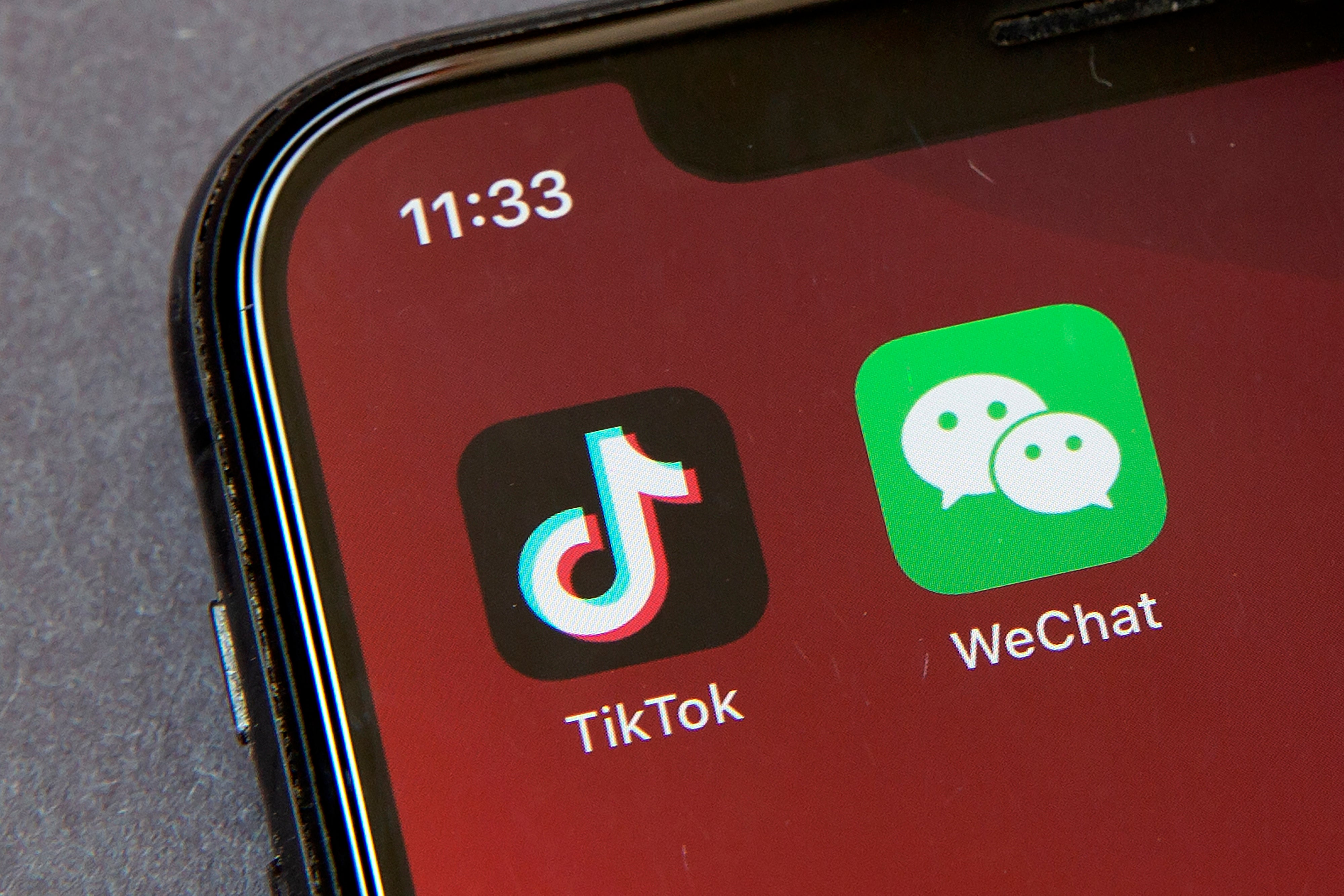Judge agrees to delay US gov't restrictions on WeChat
A federal judge has approved a request from a group of WeChat users to delay looming U.S. government restrictions that could effectively make the popular app nearly impossible to use

A judge has approved a request from a group of U.S. WeChat users to delay looming federal government restrictions that could effectively make the popular app nearly impossible to use.
In a ruling dated Saturday, Magistrate Judge Laurel Beeler in California said the government's actions would affect users’ First Amendment rights as an effective ban on the app removes their platform for communication.
WeChat is a messaging-focused app popular with many Chinese-speaking Americans that serves as a lifeline to friends, family, customers and business contacts in China. It's owned by Chinese tech giant Tencent.
The group of WeChat users had requested an injunction after the U.S. Commerce Department said Friday it would bar WeChat from U.S. app stores and keep it from accessing essential internet services in the country, beginning Sunday night at 11:59 p.m.
The Trump administration has targeted WeChat and another Chinese-owned app, TikTok, for national security and data privacy concerns in the latest flashpoint in the rising tensions between Washington and Beijing. The administration contends that the data of U.S. users collected by the two apps could be shared with the Chinese government.
On Saturday, President Donald Trump said he supported a proposed deal that would have TikTok partner with Oracle and WalMart to form a U.S. company. There is still a chance that TikTok could be banned in the U.S. as of Nov. 12 if the deal isn't completed, under the restrictions put in place by the Commerce Department.
However, a restriction to bar TikTok from app stores in the U.S., similar to what WeChat faced, was pushed back a week to Sept. 27 after Trump backed the latest TikTok deal.
On Sunday, Secretary of State Mike Pompeo told Fox News that the government will ensure that under the TikTok-Oracle-WalMart deal no American's data ends up in the possession of the Chinese government.
In the WeChat case, the users had argued the moves targeting the all-in-one app with instant-messaging, social media and other communication tools would restrict free speech.
In the ruling, the court said that a WeChat ban “eliminates all meaningful access to communication in the plaintiffs' community,” and that an injunction would be in public interest.
The U.S. government had earlier argued that it is not restricting free speech because WeChat users still “are free to speak on alternative platforms that do not pose a national security threat.”
Specific evidence about WeChat posing a national security threat was also “modest," according to Judge Beeler.
The White House did not immediately reply to a request for comment on the injunction.
The dispute over WeChat and TikTok is the latest attempt by the Trump administration to counter the influence of China. Since taking office in 2017, Trump has waged a trade war with China, blocked mergers involving Chinese companies and stifled the business of Chinese firms like Huawei, a maker of phones and telecom equipment.
—
AP technology writer Zen Soo in Hong Kong contributed to this report.
Bookmark popover
Removed from bookmarks